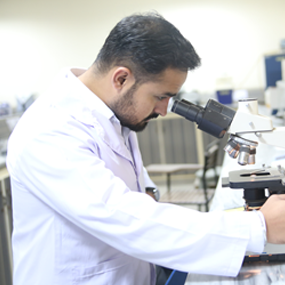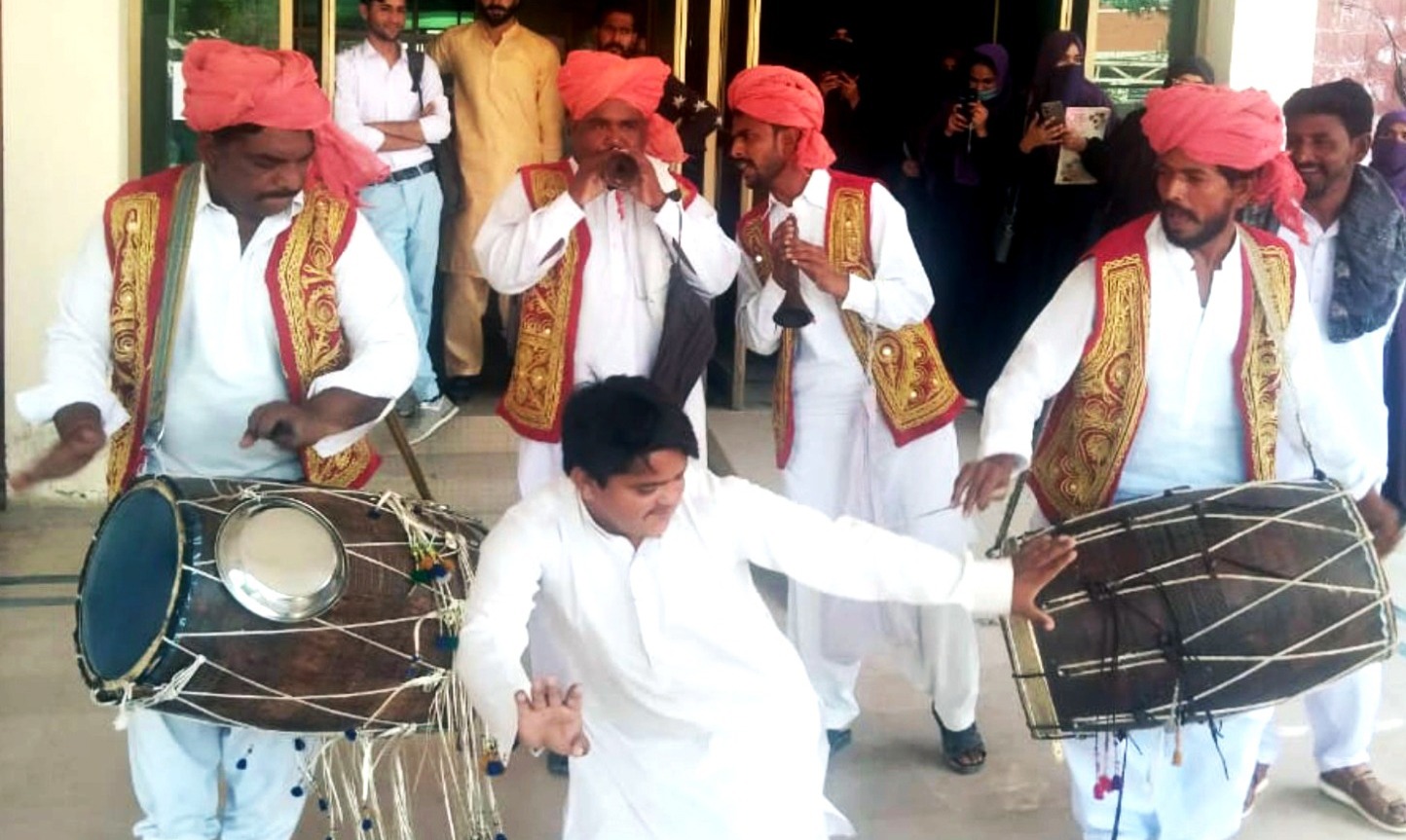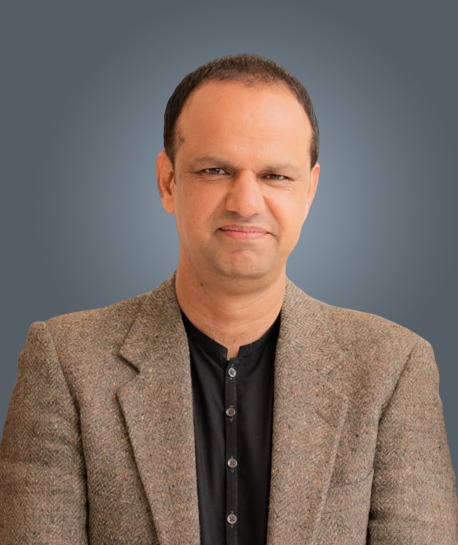- Home
- Discover UOS
- Admissions
- Academics
- ORIC
- ORIC
- Overview
- Research Highlights
- Central Research Laboratory
- Central of Excellence for Citrus
- Engineering Testing And Services
- Call For Papers
- Research Projects
- Research Collaborations/Mou
- Research Facilities
- Travel Grants
- Start-up Research Grants
- Research Publication Journals
- Research Publication conferences
- Research Publication Detail
- TISC
- ORIC
- Students
- Examinations
- Library
- Other Links





